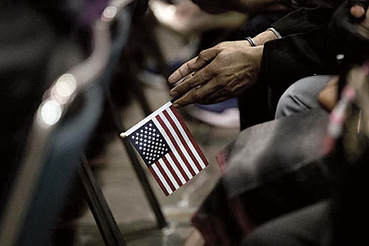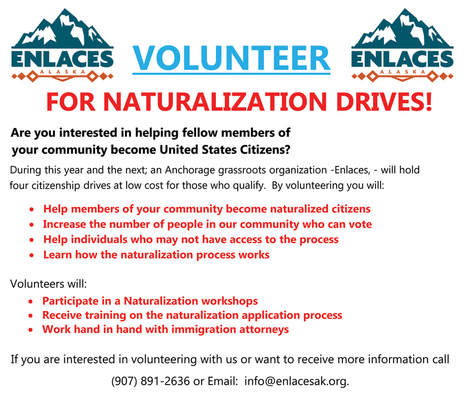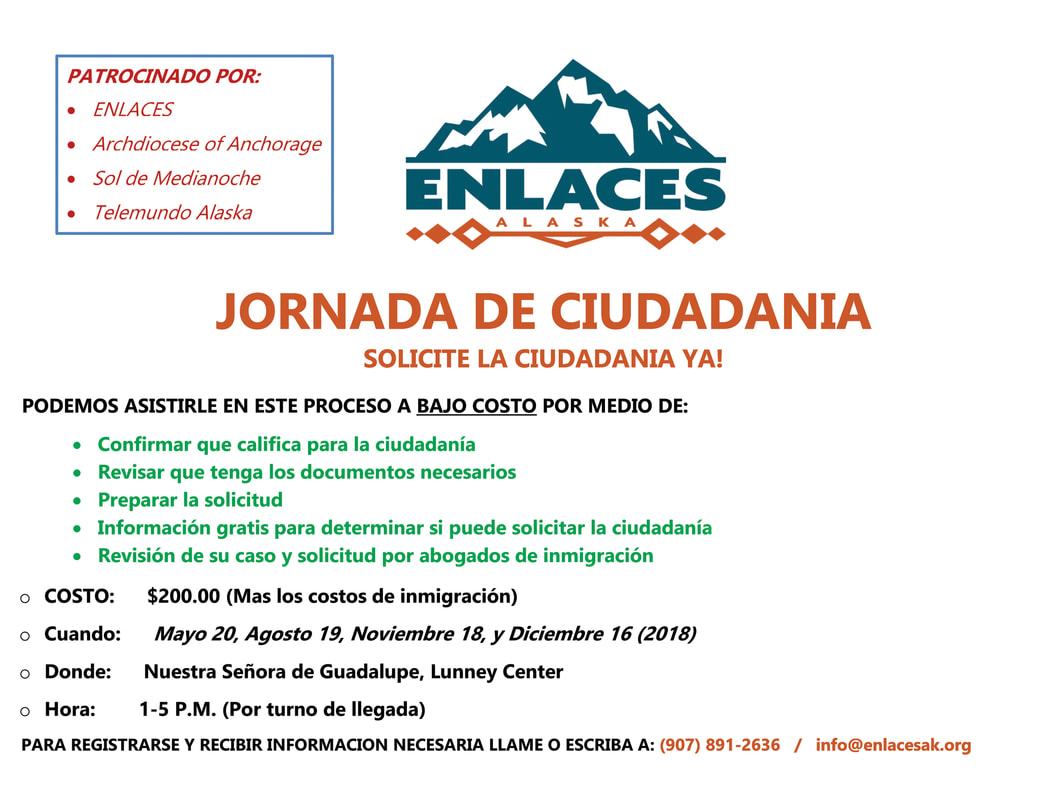|
Jorge Madrazo Cuéllar, former consul of Mexico in Seattle and current director of the Center for Mexican Studies UNAM Seattle, thinks that there’s only one sustainable way to help the roughly 3.5 million Mexicans who are eligible to become U.S. citizens but who haven’t taken that step yet: Teach them how to do it.
“We understand that the only way to open a new horizon for the Latino community in this country is by empowering its people,” Madrazo said last week during a symposium about immigration at Northwest University in Kirkland [Washington State]. “And the only way to empower them is precisely convincing and helping them to become U.S. citizens. We need to help them and I’m optimistic.” According to a 2013 Pew Hispanic Center study, Mexicans are the largest pool of immigrants in the U.S. who are eligible to become American citizens, but only 36 percent of them have made it happen—compared to a 68 percent of immigrants from other countries. Mexican participants of the study said that they would like to get American citizenship to obtain civil and legal rights, but hadn’t done so because of personal and administrative barriers. If these numbers will decrease under President Donald Trump’s administration remains to be seen. Madrazo, who co-organized the “Immigration in Uncertain Times” symposium Friday, already supervises a citizen program offering free services for people who would like to become U.S. citizens at SeaMar Community Health Centers—where he holds a vice president of community relations position. The former consul and other four officials of the National Autonomous University of Mexico (UNAM in Spanish) participated in the symposium in Kirkland, where they shared their thoughts and concerns about the current immigration situation in the cities where they work—Seattle, Los Angeles, Chicago, Tucson, and San Antonio. |
“What UNAM, as an institution, wants from this event is a plan of action to work for the community,” Madrazo said. “Today, we shared many words. From tomorrow on, we have to take actions in what the university knows better. We have lots to teach. Citizenship, Spanish, civility. Our people are scared and anxious, and we have to put an end to that by giving them information.”
On Feb. 8, the rector of UNAM, Enrique Graue Wiechers, offered to give Mexican students who are deported under Trump’s administration the opportunity to continue their studies in Mexico. Madrazo said that the arrangements to make that support real are the responsibility of UNAM in Mexico and not his or of the other UNAM officials in the U.S.; however, he said that UNAM is already working on different ways to approve previously earned credits from Mexican students who are deported, so that they can finish their degrees as soon as possible. The largest Latin American university is also looking to help those students whose mother tongue is not Spanish learn the language at a college level. Joseph Castleberry, president of Northwest University and another of the symposium organizers, said that the academic world should think about the current world but also engage with human needs. He said that the symposium made that happen. “We made new friends, we made new connections, terrific networking occurred today,” Castleberry said. “As a university, we believe that we’ve not finished the academic task until the knowledge we’ve gained through studying, research, teaching and learning meets human need. Today, we opened our hearts and let people in. That’s about the highest outcome you can ever hope for for any kind of these events.” Published with permission from the Seattle Weekly, original publication date: February 28, 2017. |


